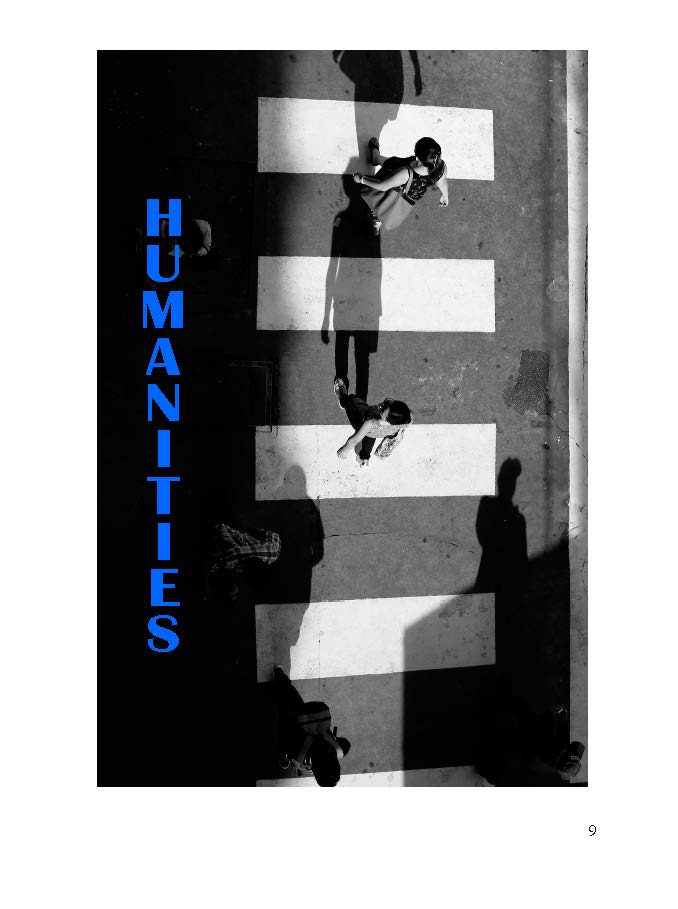The Ethical Dilemma of Abortion
Main Article Content
Abstract
This paper discusses the extremely complex and important topic and dilemma of abortion. Specifically, that the pro-life versus pro-choice dilemma is an imperative one that continues to cause ethical tensions in the United States. For this reason, this issue and dilemma warrants close scrutiny. It affects many major areas including ethics, religion, politics, law, and medicine. Ethical theories and principles of the pro-life position and the pro-choice position will be contrasted. This paper will further discuss the arguments in the context of Roe v. Wade and its impact on laws in the United States. The general ethics of the pro-life argument and the pro-choice argument are founded on the issues of human rights and freedom. Three main principles that the pro-life argument argues (the Human Rights Principle, the Mens Rea Principle, and the Harm Principle) will also be discussed. This account will not include this author’s own prescriptive response (in the form of recommendations, best practices, or similar types of judgments) and therefore, this paper does not go beyond a purely comparative method. Lastly, the Nuremberg Code, which was created at the Nuremberg Doctors’ Trial, will be discussed. Specifically, the Nuremberg Code will be correlated in relation to laws in the United States, as well as contemporary bioethical debates, which are misleading when comparing the use of fetal tissue for transplants from abortions to experiments done during the Holocaust and crimes of Nazi biomedical science.
Downloads
Article Details

This work is licensed under a Creative Commons Attribution-NonCommercial 4.0 International License.
Authors who publish with this journal agree to the following terms:
- Authors retain copyright and grant the journal right of first publication with the work simultaneously licensed under a Creative Commons Attribution License that allows others to share the work with an acknowledgement of the work's authorship and initial publication in this journal.
- Authors are permitted and encouraged to post their work online (e.g., in institutional repositories or on their website) prior to and during the submission process, as it can lead to productive exchanges, as well as earlier and greater citation of published work (See The Effect of Open Access).
- Student authors waive FERPA rights for only the publication of the author submitted works.
Specifically: Students of Indiana University East voluntarily agree to submit their own works to The Journal of Student Research at Indiana University East, with full understanding of FERPA rights and in recognition that for this one, specific instance they understand that The Journal of Student Research at Indiana University East is Public and Open Access. Additionally, the Journal is viewable via the Internet and searchable via Indiana University, Google, and Google-Scholar search engines.
References
Annas, G. J. (2009). American bioethics: Crossing human rights and health law boundaries (2nd ed.). Oxford University Press.
Annas, G. J. (2011). Chapter 10: Abortion. In Worst case bioethics: Death, disaster, and public health (pp. 129–141). Oxford University Press.
Annas, G. J., & Grodin, M. A. (1995). The Nazi doctors and the Nuremberg Code: Human rights in human experimentation. Oxford University Press.
Lewis, M. A., & Tamparo, C. D. (2007). Chapter 14: Abortion. In Medical law, ethics, & bioethics for the health professions (6th ed., pp. 192–204). F.A. Davis Company.
Matwijkiw, A. (2020, October). Issue & dilemma: Is abortion immoral? [Lecture notes] https://iu.instructure.com/courses/1936399/pages/weekly-notes-wk-8-9?module_item_id=21056743
Nelson, J. L. (1992). The maternal-fetal dyad: Exploring the two-patient obstetric model. Hastings Cent Rep 22(1), 13.
Roe v. Wade, 410 U.S. 113 (1973). https://tile.loc.gov/storage-services/service/ll/usrep/usrep410/usrep410113/usrep410113.pdf

